There were even more women who directed American movies in 2018 than in 2017. See my article Women Directors: Movies and Television.
As a journalist in the Hollywood Foreign Press, I had the privilege of interviewing many of them; some had directed before, others are newcomers. Read here what they said.
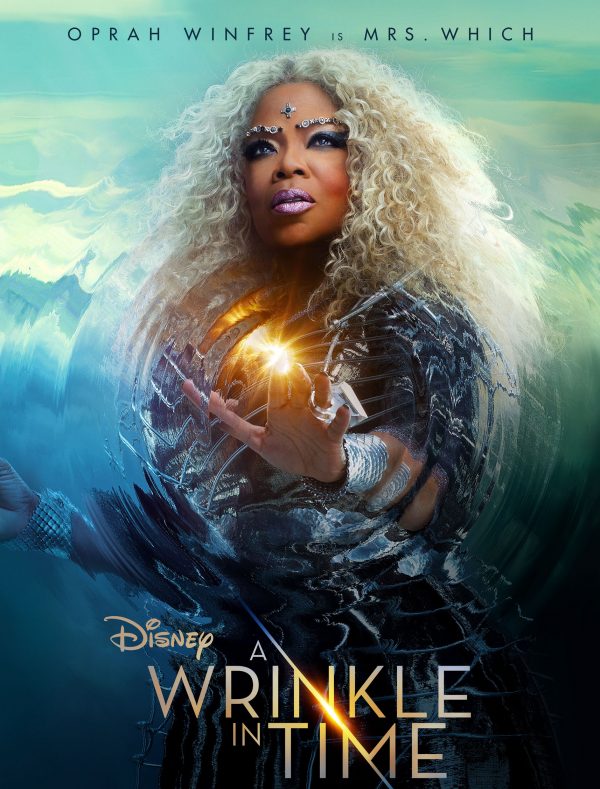
Ava du Vernay, from California, had impressed with her directing of Selma (2014), starring David Oyelowo as Martin Luther King. She was the first black female director to be entrusted with a big budget film, A Wrinkle in Time from the 1962 novel by Madeleine L’Engle, starring Oprah Winfrey, Mindy Kaling and Reese Witherspoon.
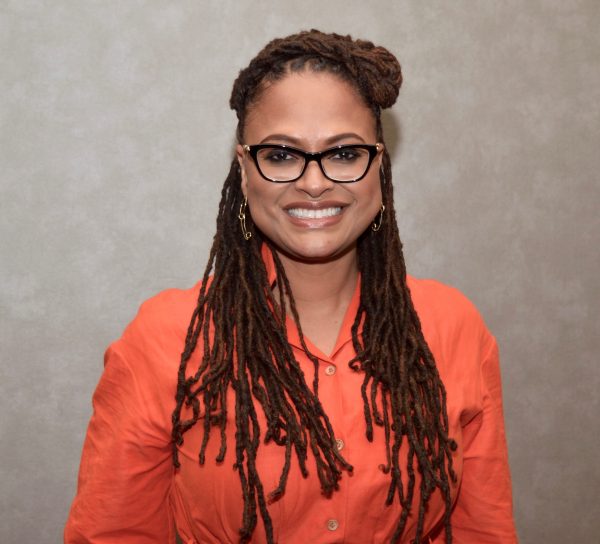
“We are in really dark, divisive times right now, there is tragedy and tumultuousness all around us, and it’s reverberating all throughout the world. But light can pierce through that. When I wake up in the morning and I see mean tweets made in the middle of the night, you have to decide whether you are going to go through the day like that, or if you choose to go towards positivity. So that is what I am trying to do with my career and with any influence that I am able to have. There’s no guns, no monster with teeth, no Darth Vader and no fights with fists in my fantasy film; it’s an adventure that unfolds through the eyes of a woman creator. I made this film like a girl and I am proud of that.”
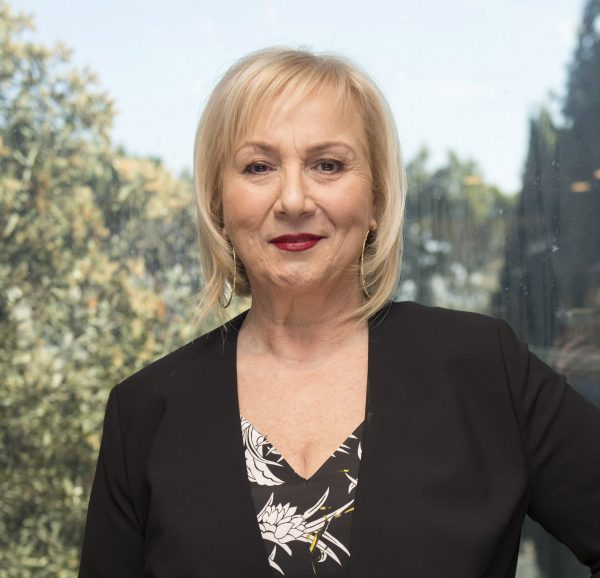
Mimi Leder was raised in Los Angeles by a classical pianist mother and a filmmaker father. She had directed action films like The Peacemaker (1997) and Deep Impact (1998). Her latest, On the Basis of Sex, is about the early years (1956-1971) of future Supreme Court Justice Ruth Bader Ginsberg (Felicity Jones).
“So much has changed in America and all over the world, yet so little has changed. As we all know, we live in very difficult times, in America especially and abroad. I feel that our film, and other political films like Vice by Adam McKay and BlacKkKlansman by Spike Lee, are a rallying cry for people to find their voices, to discover that anybody can make a change. It’s hard to believe that it was not that long ago that there was no voice for women. So it’s interesting to see how Ruth Bader Ginsburg fought tirelessly for equality and still does. It’s important for this generation and many generations to come to tell the story of this woman who was smart and eloquent and changed the world.”
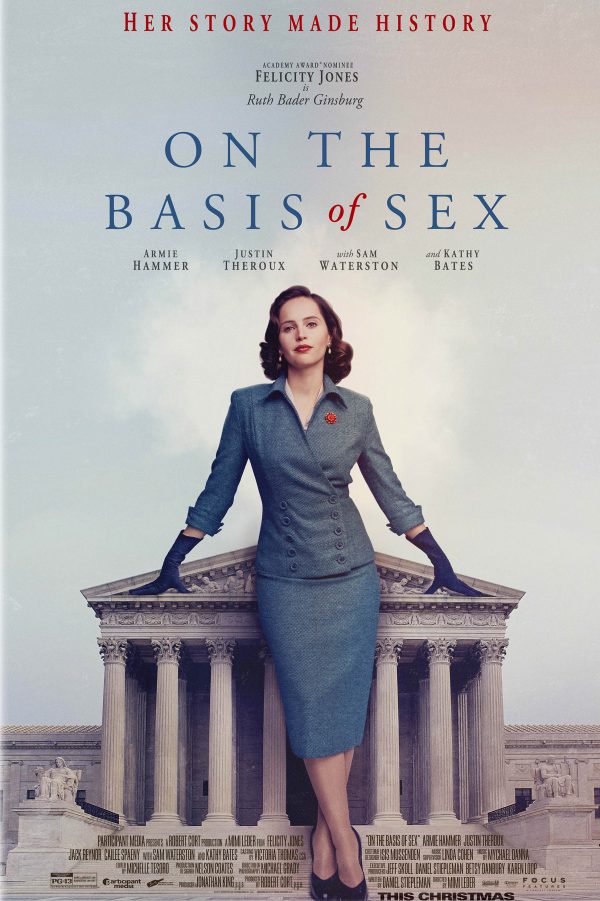
Tamara Jenkins had directed the semi-autobiographical Slums of Beverly Hills (1998) with Natasha Lyonne. In Private Life she tells the story of a married couple’s (Kathryn Hahn and Paul Giamatti) unsuccessful attempts to have a baby.
“My husband and I had our own experience with infertility, our days were made up of going to doctor’s appointments and fumbling with intramuscular needles and estrogen patches. We were so far away from the idea that sex was involved with pregnancy at that point. I have a very good friend who had cancer, when she was of childbearing age, so she had to freeze her eggs, then go through radiation and have a surrogate. There’s many different reasons that people find themselves in the world of artificial reproductive technology, like gay people that want to have a partially biological child. And most of the time IVF, In Vitro Fertilization, doesn’t work. So it would be nice if we had health insurance for everything.”
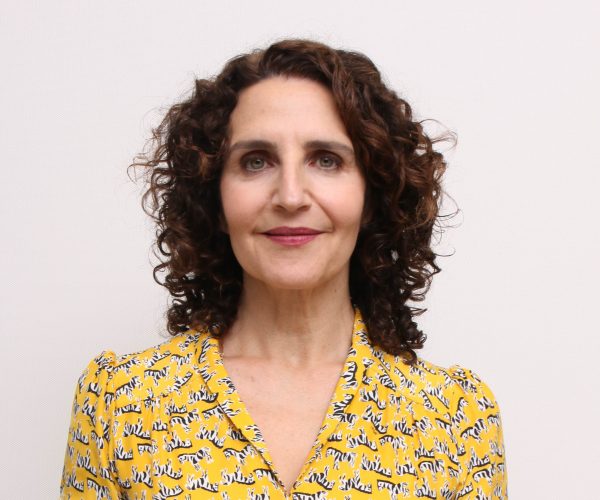
Elizabeth Chomko grew up in Chicago and rural Wisconsin with her mother and two sisters. Her first film, What They Had, with Blythe Danner and Hilary Swank, was inspired by her own family’s experience.
“My grandmother had Alzheimer’s Disease for 17 years before passing away recently, and what I was most struck by was that in some ways it was more painful for everyone else. What I observed in my grandparents, my mother, my uncles and the rest of my family, is the generosity that it takes to absorb all of the duties that one needs to perform, when you’re caring for someone in your home by yourself. My grandfather was not really a domestic guy, he didn’t do laundry, he didn’t cook, he didn’t clean, but as my grandmother, who did all of those things, started to falter, he took on more and more roles and duties, to the point where he really was dyeing her hair and painting her toenails. I do think care-giving is a heroic act, it’s an enormous gift, a giving over of your life to someone who needs you, and that is something to celebrate.”

Susanne Bier was born in a Jewish family in Copenhagen, Denmark. She directed Danish films, and Things We Lost in the Fire (2007) with Benicio del Toro and Halle Berry. She now directs Sandra Bullock in Bird Box, from the 2014 novel by Josh Malerman, a post-apocalyptic tale about mankind threatened by a mysterious force that will kill you or turn you into a zombie if you look at it.
“Denmark, and northern Europe in general, is probably the most egalitarian area in the world today. I hadn’t thought about equality for women very much until I left Scandinavia and worked other places. North America to me is more conservative, there is a bigger gap between genders, so I feel that the need to address female issues becomes more pointed for me here than it ever did where I came from. I feel a strong pressure to be an example to young female filmmakers. Do not let males disrespect you or deter you in any way, you can do it. I do feel very strongly that we all need to make the playing field more even, it’s still outrageously uneven. The Danish people also behaved in an incredibly dignified manner toward the Jews, my father was a refugee and he was helped. So I am an eternal optimist, which I’ve inherited from my mother. ”

Karyn Kusama grew up in Saint Louis, Missouri, with a Japanese father and a mother from Illinois, both psychiatrists. She had directed Michelle Rodriguez in Girlfight (2000). Now she directs Nicole Kidman in Destroyer, about a police detective bent on revenge.
“I feel like making constructive use of anger is something we’re all having to face right now. It’s a very angry time, no matter where you put yourself on a cultural spectrum or in a political conversation. That is why I understand this character being so angry, I empathize with her fury at the world, even though so much of her anger is self-directed, because she’s really the agent of her own downfall, she is the problem. So I’m trying to find a way to let that go, to get past my anger, because I don’t know quite how it serves me, to figure out a way to make as much room for optimism and hope as I can in my heart.”
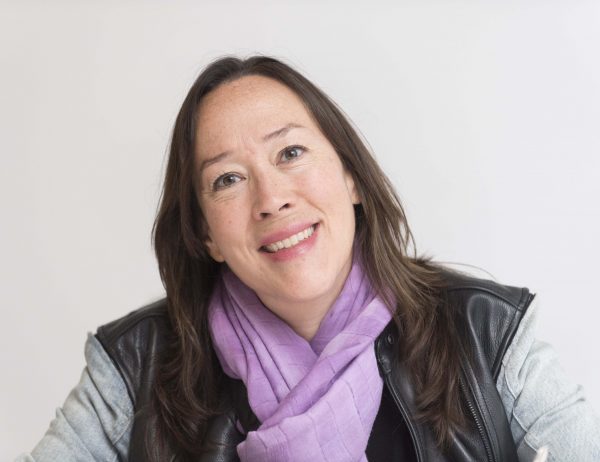
Josie Rourke is a British theater director at her first feature film, Mary Queen of Scots, with Irish actress Saoirse Ronan as the Scottish queen and Australian actress Margot Robbie as the English queen Elizabeth I.
“I definitely get my strength from my mum and dad. I have an amazingly strong family and they back me all the way, they gave me the confidence to walk into those London theaters, that were at that point completely run by men, like those two queens had to walk into rooms full of men and feel confident to be able to be a leader in front of them. It’s crazy to think that, over the past 8 years, since I was appointed (artistic director of the Donmar Warehouse theater in London), we see many more women and people of color take over leadership roles in London theatre. That’s been an amazing change and it’s been wonderful to be a part of that.”
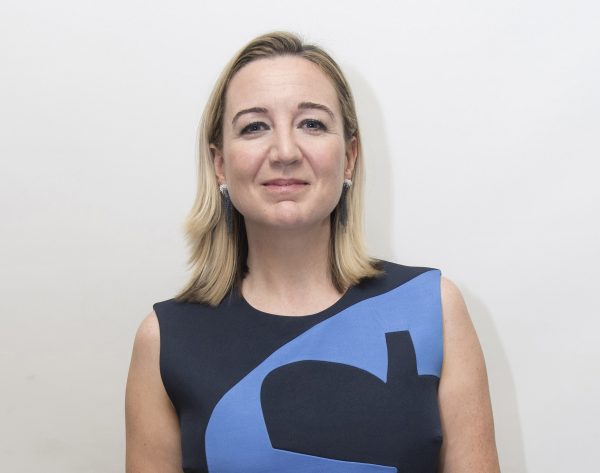
There are many other women who directed American movies in 2018 that I did not have a chance to interview, a few of note are Marielle Heller for Can You Ever Forgive Me?, the true story of Lee Israel (Melissa McCarthy), who forged letters by famous writers, Debra Granick for Leave No Trace with Ben Foster and Thomasin McKenzie from the 2010 novel My Abandonment by Peter Rock, Desiree Akhavan for The Miseducation of Cameron Post with Chloe Grace Moretz as a gay teenager sent to conversion therapy, Anne Fletcher for Dumplin’ with Jennifer Aniston and Danielle Macdonald from the 2015 novel by Julie Murphy.

